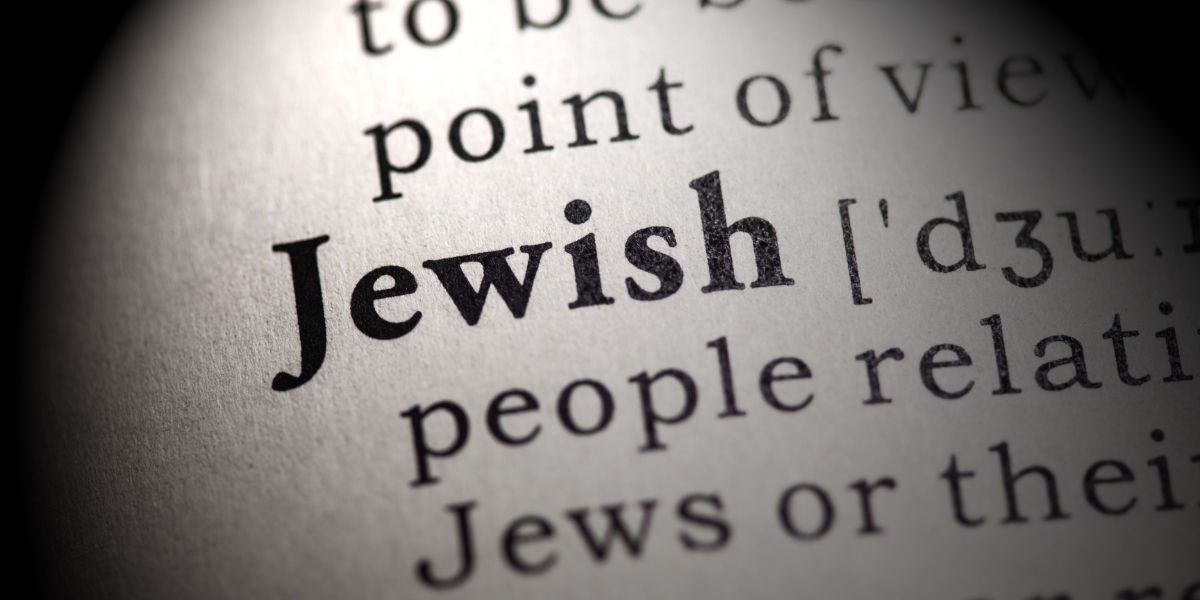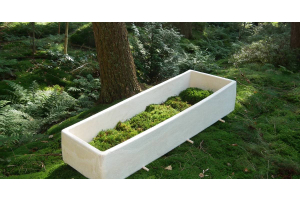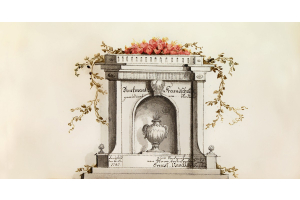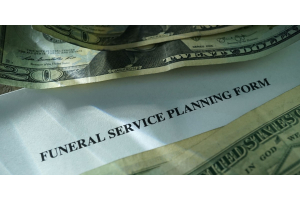
As a chaplain, my role is not to mandate religious doctrine, force individuals into specific choices or even advocate a particular lifestyle or worldview. Rather, the focus of chaplaincy care tends to be on facilitating the ability of individuals to articulate their own goals and values, and helping them uncover, navigate, translate and resolve some of the issues with which they might be struggling. People often ask me for guidance when confronted with the choice of cremation, as there is often religious guilt or complicated family tension associated with this decision. I know many people who have chosen cremation and are very comfortable with their choice. I also do not think that it is wise to persistently fight a family member who has made a clear minded, intentional decision to be cremated. However, while accompanying people through the decision and mourning process, I have begun to notice some patterns which merit serious consideration.
First, it always fascinates me how many similarities there are between the end of life and the beginning of life. Some of the major parallels are the lack of planning, complicated family dynamics, and deeply ingrained emotions associated with the various rituals. For example, a woman once told me that her children were debating if they should circumcise their newborn son or not. This woman, who was not particularly religiously observant, told me that she would have a difficult time even seeing this child as her grandson if he were not circumcised. The parents opted not to circumcise their baby, and this woman later related to me that she couldn’t even bring herself to change the baby’s diaper because his lack of circumcision upset her so much. Whether this reaction is right or wrong, logical or not, the fact remains that circumcision is deeply ingrained in the traditional Jewish psyche, much the same way as is burial in the ground. Many Jews cannot articulate why the tradition has preferred subterranean burial of an intact body, but nevertheless rail against the notion of anything else.
This leads to a second observation. Unfortunately death and burial often bring about extreme family tension, and many of the decisions made amidst this tension are later regretted. Cremation is permanent, and I have witnessed some excruciating family strife related to regretting such final decisions made in haste. The emotional and financial drain of end-of-life care for many family members sometimes understandably leads to choosing the simplest, fastest, and cheapest way of ending the nightmare that can be experienced at this time. When this decision making process results in choosing cremation, I have encountered people who regret their choice once they have had a chance to collect their thoughts and emotions and realize how final and irreversible cremation is.
Finally, in the process of accompanying grieving family members through this painful decision making process, I have noticed how cathartic it can be to have a physical grave to visit and care for. At unveiling ceremonies, many families have shared with me how crucial this physical location has been to them during their grieving process. While cremains can also be stored in a specific location, it has been my experience that fidelity to tradition and having a set place to experience the presence of a loved one bring a level of comfort and inspiration to the bereaved family that is unparalleled.
Everyone should choose what works best for them and their families. But it always behooves us to make careful and informed decisions, particularly when delicate emotions and powerful religious factors are involved.
By Rabbi Jason Weiner, BCC





